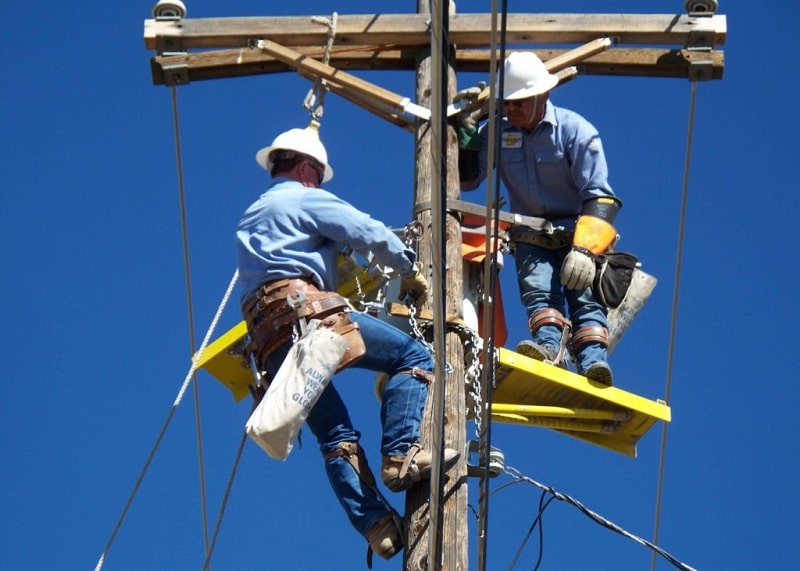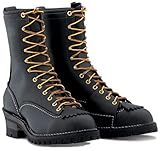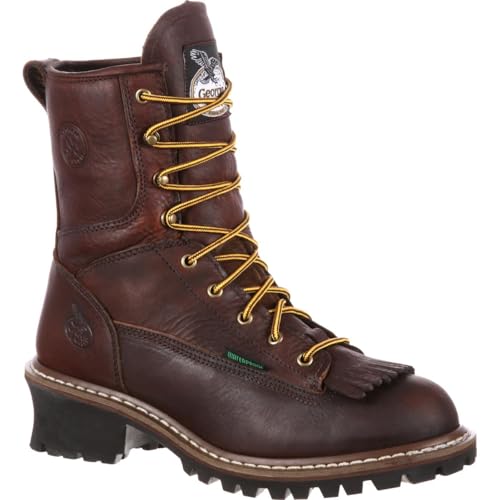The Best Lineman Boots heels should safely lock onto steel rungs and stakes to keep away from any slippage. Solid boot heels are additionally important to hold a lineman secure while climbing utility shafts wearing lineman’s climbing stirrups. Their boots’ impact points must be sufficiently able to certainty lock and hold their feet, and their body, ready consistently.
An additional peril that linemen face is the point at which they are working during outrageous climate occasions. Linesmen boots ought to be waterproofed, or in any event water-safe, with an outsole that gives a brilliant foothold when worn outside in the most brutal of components; like snow, slush, and the heaviest of deluges.
Linemen additionally should be agreeable while climbing and remaining on rungs or stakes for extensive periods without the pressure of leg agony or foot weakness setting in. Great Climbing Boots For Lineman give solid, wide, and strong knives underneath.
There are no kidding issues for individuals searching for the Best Lineman Boots. All in all, most lineworker boots these days are: extremely cumbersome and awkward to utilize.
Not Defensive Enough (considering the dangers a lineman puts himself under)
More Costly than they ought to be (some of them are $300+)
Fabricated with Bad-Quality materials
Because of this, I volunteered to research and test many work boots bound to be utilized by linemen. Those that better fulfilled the necessities of a lineworker were added to the rundown displayed in this article. I trust it helps you.
Table of Contents
You Might Also Like ⇒
- Best Tactical Boots For Plantar Fasciitis
- Best Shoes For Walking In Sand
- Best Shoes For Pharmacists
- Best Shoes For Sciatica
- Best Shoes For Surgeons
- Best Slippers For Wide Feet
- Best Shoes For Walking
- Best Canvas Shoes Men’s
- Best Camp Shoes
- Best Summer Shoes For Toddlers
- Best Water Shoes For Men
- Best Water Sandals For Women
- Best Mud Running Shoes
- Best Shoes For Arthritis
- Best Women’s Slippers For Sweaty Feet
- Best Men’s Slippers For Sweaty Feet
10 Climbing Boots For Lineman in 2023
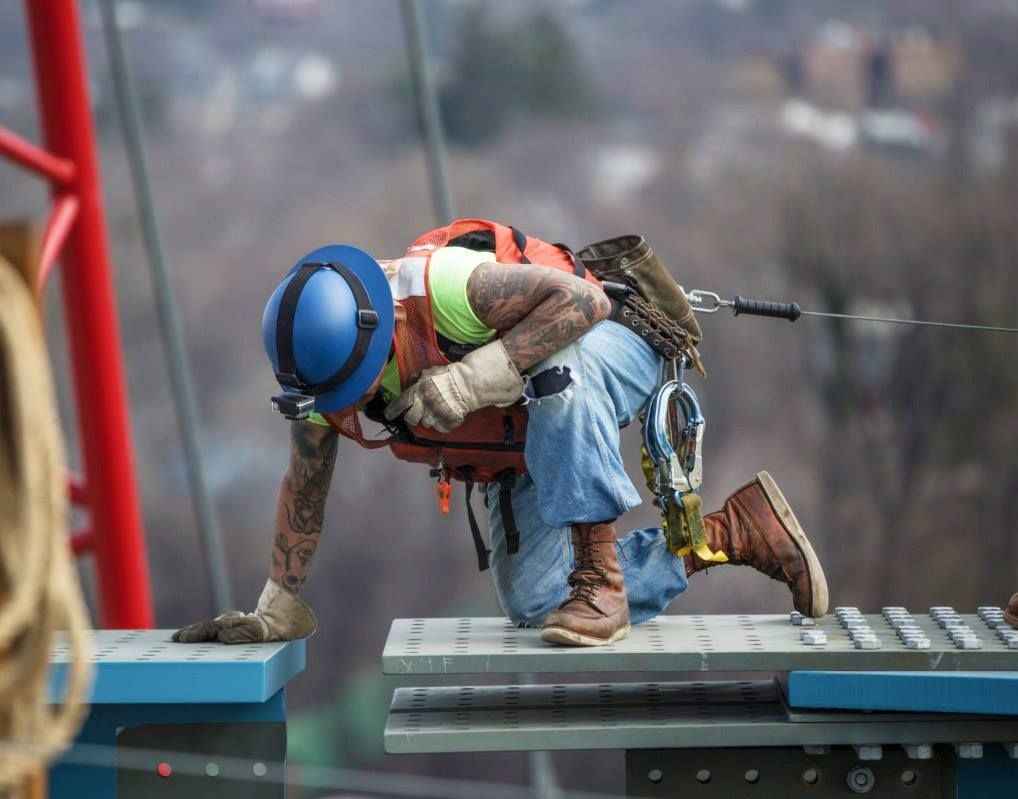
Here is the list of the top 10 Best Lineman Boots:
Editor’s Note: We will update this list as more Best Lineman Boots hit the market.
Must-Have Features of The Best Lineman Boots
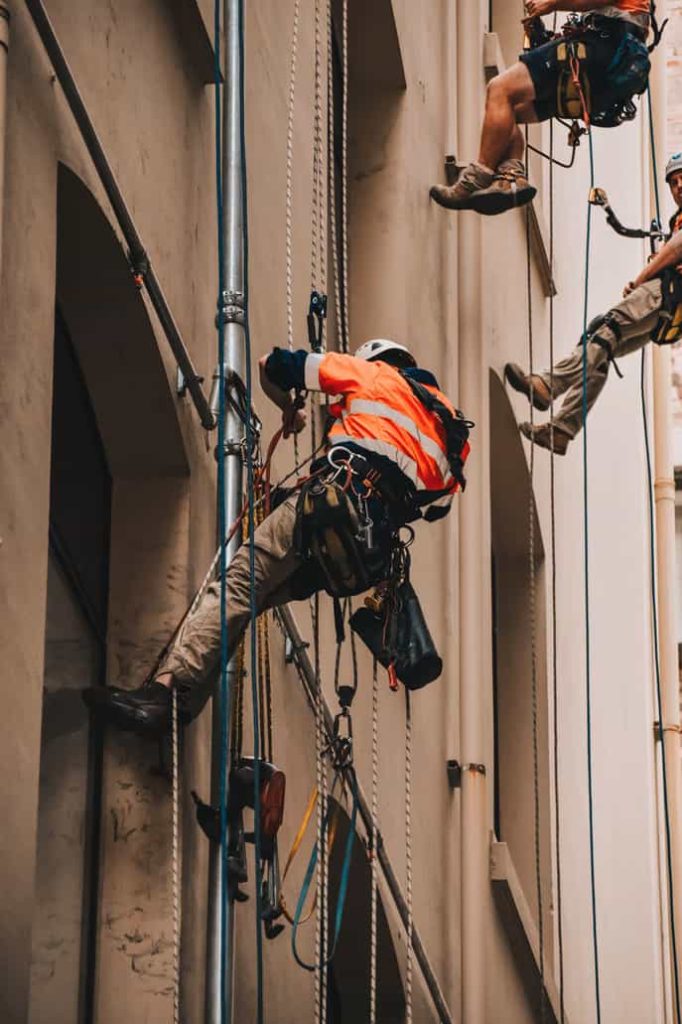
For those interested in looking for their next boots themselves, these are the features of the best work boots for linemen must-haves.
1. Waterproofing And Insulation
Hence, I’d say getting work boots with a strong waterproofing and protection layer is the most ideal way to ensure their feet will remain warm and dry when presented to the components (particularly during winter times).
Keep in mind, attempt to find boots that proposition waterproofing highlights that will keep you from getting sick after working under the downpour for a few hours.
Slip and Oil Resistant Outsoles (With Aggressive Threads)
Linemen do a considerable amount of jumping on wood shafts day today.
For that, they need prevalent outsoles that aren’t just adaptable yet additionally give strong footing. At the end of the day, who needs to tumble from 40 feet over the ground, isn’t that so?
More specifically, these outsoles should have:
Forceful carries do not neglect the linemen while strolling on dangerous surfaces
Materials that don’t slide on steel. This is fundamental since they get on steel snares often
High grade of adaptability so linemen can remain agreeable in snares while climbing wood posts
2. EH Rating
Getting work boots with an electrical peril rating is a strong proposal for linemen. Why?
All things considered, as you might know as of now, these specialists continually work in touch with electrical wiring. Along these lines, boots with electrical peril opposition show up as an incredible choice to hold linemen protected back from getting shocked assuming they at any point interacted with live wires.
3. Wellbeing Toes
Another element I love to find in linemen’s boots is wellbeing covers. These go about as hard boundaries that cover the toes keeping them from getting squashed by weighty falling devices.
They could add a touch of weight to the boots, however, they’re certainly worth the effort.
Among the most widely recognized choices, one can get:
steel toe covers: metal covers, are exceptionally defensive yet a piece cumbersome
composite toe covers: non-metallic well-being covers, lighter despite everything defensive
composite tow covers: metal covers lighter than steel toe covers
4. Raised Heels
The best lineman boots are more likely than not raised heels as they give a better foothold to ascending utility posts and stepping stools.
Accordingly, by getting boots with raised heels one would limit the gamble of slipping while climbing, which is perhaps the greatest dread for lineworkers.
5. Steel Shanks
Assuming you at any point needed to remain on a stepping stool while wearing just shoes, then you know how awkward it is. Unfortunately, that aggravation later transmits through the legs and back making it intolerable for labourers.
Linemen that go the entire day climbing utility posts are more than used to managing this issue.
To address this, the best lineman boots should be produced with extra solid steel knives. These more extensive, built-up knives can have a major effect as they are designed to be more steady. Additionally, they are key for conveying the body weight uniformly bringing about less tension focus.
Because of steel knives, the surface region that disseminates your body weight turns out to be more fanned out and better adjusted. This is imperative to ease the tension put on the lineman’s feet.
6. Padded Footbeds and Shock Absorbing Midsoles
Not all things are about insurance. Truth be told, linemen give a great deal of significant worth to work boots that permit them to easily handle their average business days.
Because of this, I prescribe linemen to get work boots with padded footbeds and padded soles. Like that, they’ll partake in the inner serenity that in any case assuming they need to climb utility posts or be on their feet the entire day with practically zero rest, their feet will be appropriately upheld.
Therefore, they’ll keep away from genuine long-haul wounds like plantar fasciitis and comparable issues.
7. Quality Materials and Construction Methods
Solidness in a couple of work boots is fundamental. It is impossible that your boots are going to keep going for a long time under the extraordinary undertakings a lineman does, particularly on the off chance that they aren’t produced with pleasant quality parts.
As such, you will require a couple of work boots made with extra-tough parts (for example full-grain calfskin).
Moreover, searching for boots made with strong development strategies like the Goodyear Welt development technique is the most ideal way to ensure your costly lineman boots will endure the degree of purpose lineworkers regularly put their boots under.
How Could I Test The Lineman Boots With Steel Shank?
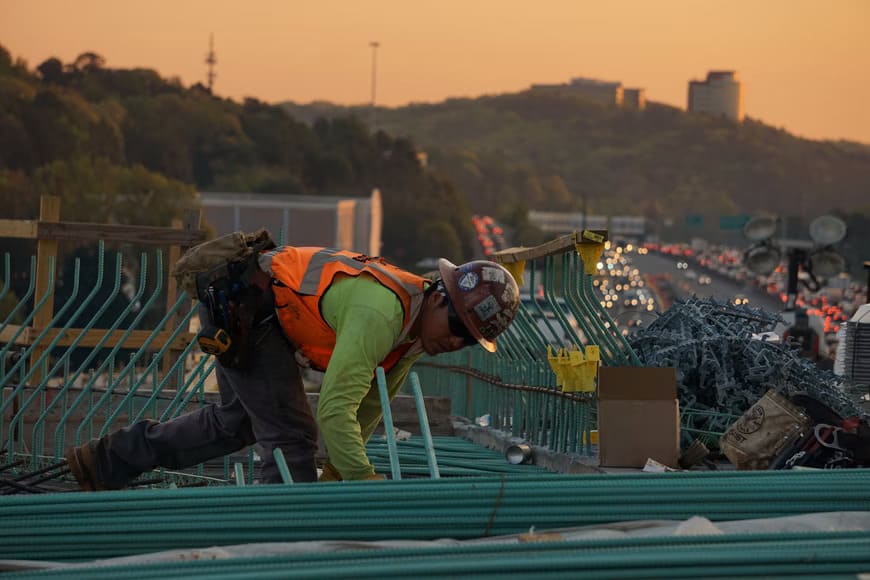
Coming up next are the particular tests I put the work boots to ensure they’re awesome for a lineman’s necessities.
1. Assurance Test
In the first place, I made an assurance test with each boot I was assessing. During this test, I tried to:
Stroll On Dangerous Surfaces To Test The Boots’ Outsoles
allow weighty apparatuses to tumble from safe statures into my toes to test their security toe covers (if they had any, obviously)
stroll in puddles of water intentionally to check whether the waterproofing films kept my feet dry and new
3. Solace Test
During this test, I attempted however much I could stroll on rough and hard surfaces to scrutinize the footbeds and padded soles.
If the boot’s solace credits were to the point of saving me the continuous foot torment I endure by the day’s end in the wake of a difficult day of work, then I’d keep testing the boots with additional assessments.
3. Solidness Test
Toughness is critical, I mean, who needs to squander many dollars on work boots that don’t endure more than a couple of months? No one.
That is the reason I tried to give each lineman boot I tried a decent beating so that a long time might be able to check whether they kept their unique shape. When it’s all said and done, we’re talking:
- Scaling and down utility posts and stepping stools day in and day out
- Strolling on black-top and concrete surfaces (which are extremely rough, particularly when they’re blistering in the wake of sitting hours under the bursting sun) absent a lot of care
- Also, not dealing with them by any means
- On the off chance that the boots endure the beatings and kept a very decent shape, they were viewed as investigated as one of the most outstanding lineman boots.
Habitually Asked Questions
These are the most well-known questions got some information about the best work boots for linemen and my endeavour to answer them all.
Q. What Are Lineman Boots?
There’s one thing that separates linemen’ boots from the rest, and that will be that they should make climbing electrical cables simpler. Because of this, lineman boots assemble specific highlights which are key for giving lineworkers the greatest security while working, for example,
Raised impact points as the key to locking the feet to the shaft’s snares which are fundamental to keeping genuine tumbles from occurring
Slip-safe outsoles that give extraordinary footing. Protection material and waterproofing films that will keep the lineman’s feet dry and warm when presented with outrageous outside conditions
Q. For What Reason Do You Want Lineman Boots?
Indeed, this is a simple one.
A lineman is a merchant that keeps up with media communications lines. To do this, they climb utility posts which can ultimately depend on 40 feet tall. Even though they use bridles, they should get as many extra well-being items as they can to keep them from falling.
One of those “extra security items” is lineman boots.
These work boots are essential for linemen as they ensure that while climbing these utility posts, the boots will be safely gotten into the shaft’s snares. Accordingly, linemen can go about their responsibilities without the anxiety toward the dread of slipping and tumbling from 40 feet squarely into the ground.
Q. Do Linemen Wear Steel-Toe Boots?
Indeed. Linemen wear steel toe work boots to safeguard their toes from getting squashed by weighty falling apparatuses.
Because of the idea of their work, linemen should utilize weighty instruments and hardware to keep up with the power and broadcast communications lines. We’re discussing apparatuses, for example,
- Line Cutters
- Climbing Links
- Weighty Cinches
- Drills
- Hammers
Also, numerous others, Knowing these instruments to be extremely weighty, a lineman should get work boots with security toe covers (for example security steel toes) that will keep their toes disconnected from getting crushed assuming any of these instruments fell into the toe box region.
Q. Are Lineman Boots Great For Concrete?
Undoubtedly.
As made sense of already, the best lineman boots should have oil and slip-safe outsoles with forceful and profound carries to give the greatest footing on dangerous surfaces.
Fortunately, on the off chance that you use boots with outsoles of this sort, you’ll ensure you’ll appreciate a wonderful foothold while strolling on concrete (regardless of whether it’s wet).
Besides, I additionally said the best work boots for linemen ought to have solace highlights (for example padded footbeds and padded soles) and strong sturdiness credits which are largely valuable elements for substantial surfaces.
Assuming you’re keen on perusing more about work boots for substantial we fabricated this article to assist labourers with tracking down legitimate substantial boots.
Q. For What Reason Do Lineman Work Boots Have Raised Heels?
Linemen climb utility shafts to accomplish support work on power and media communications lines. Because of this, they need footwear with highlights that will augment well-being while doing these upkeep undertakings.
Because of this, it’s prescribed for them to get work boots with raised heels as their plan will make it simpler for the boots to snatch the posts’ snares. This is fundamental for providing lineworkers with the inner serenity that their footwear won’t slip from the snares making them tumble from risky statures.
CONCLUSION
Linesmen’s work boots should have unmistakable elements to fulfil the high needs of this very perilous work. Subsequently, it is vital to be wearing the Best Climbing Boots for Linemen that your spending plan will permit.
Nowadays an ever-increasing number of linemen use container trucks to arrive at electrical cables and telephone wires, yet they come with the fundamental need to climb posts and steel towers over a working day. Along these lines, the nature of a lineman’s footwear is foremost for the greatest workplace assurance.
If you work out in the field keeping up with electrical power or link lines, or work doing the development, introducing, or keeping up with correspondence pinnacles and backing structures during a wide range of severe weather conditions, ensure you are outfitted with simply the Best Lineman Boots via Carolina for the gig.
Why Trust Us?
We fully know how tough it is to search for trustworthy shoe advice, & that’s one of the chief reasons we built FootwearCorner. We live for outdoor & indoor adventure, also we take these reviews and guides very sincerely. Here are some of the logic you can trust:
- Our choices are fully independent & based on personal and market experience.
- We have logged over 10,000 trail miles & test outdoor equipment for a living.
- We own & field test every shoe product we suggest, which is dismally not the norm.
- We visit Industry-Trade shows to hear about future product innovations.
- We regularly update our reviews & guides when the latest products launch.
- We treat our certificates as if they were for our friends & family.
- We are Life-Long learners & we are always open to helpful criticism. If you consider we missed a product or got something incorrect, we would love to hear your feedback.
Disclaimer
“All brand names and images are Registered Trademarks of their respective companies. All manufacturers names, numbers, symbols and descriptions are used for reference purposes only, and it is not implied that any part listed is the product of these manufacturers or approved by any of these manufacturers.”

